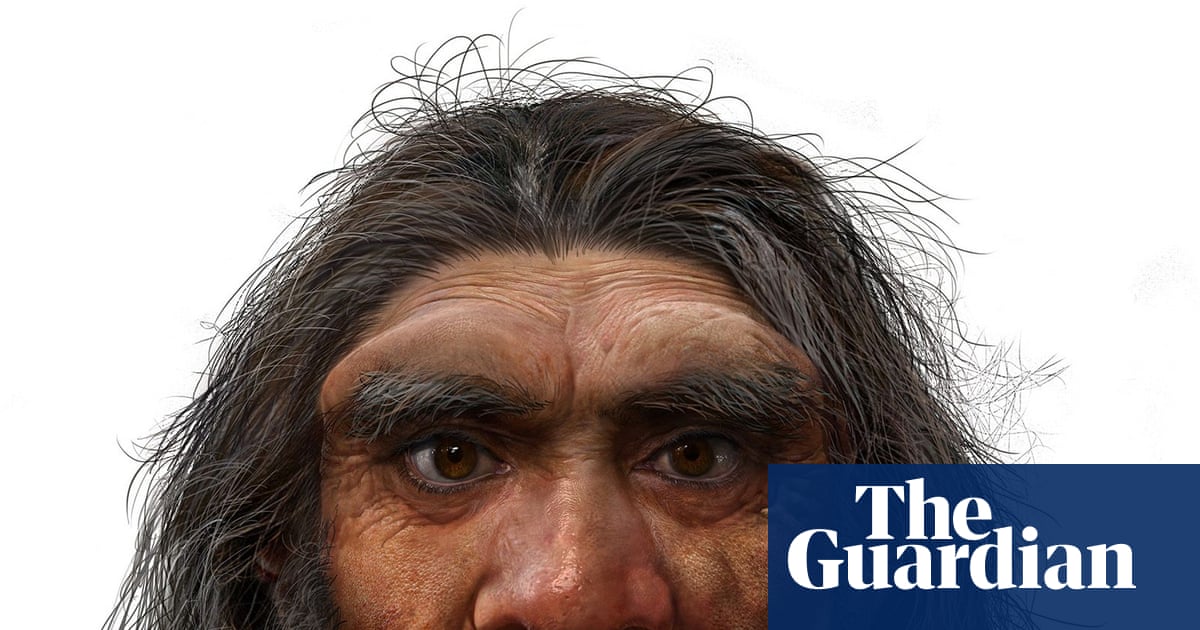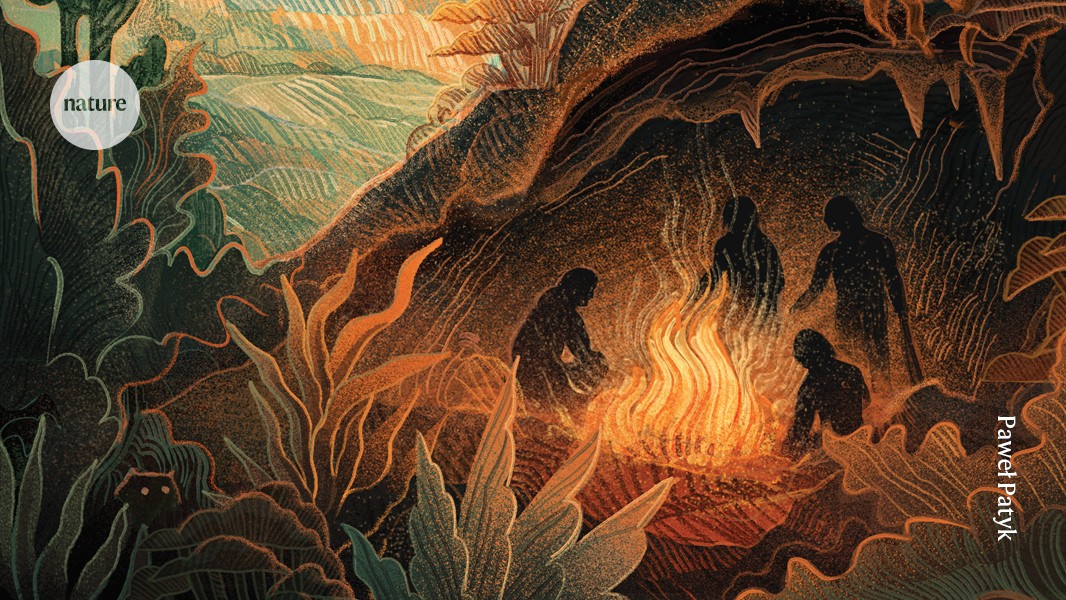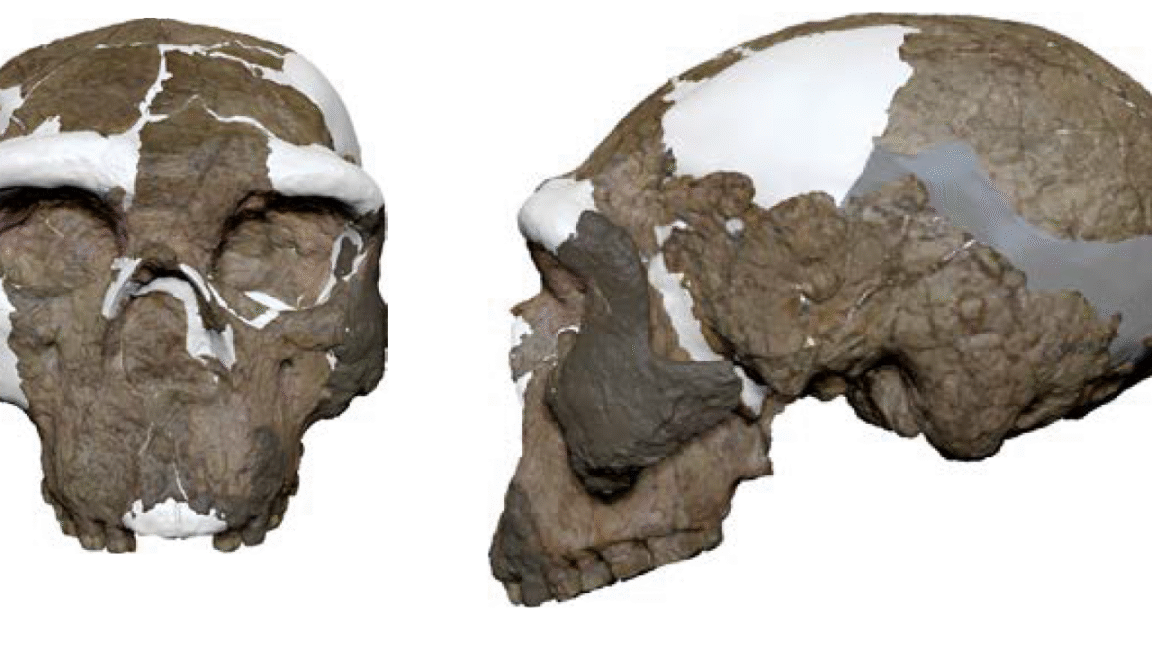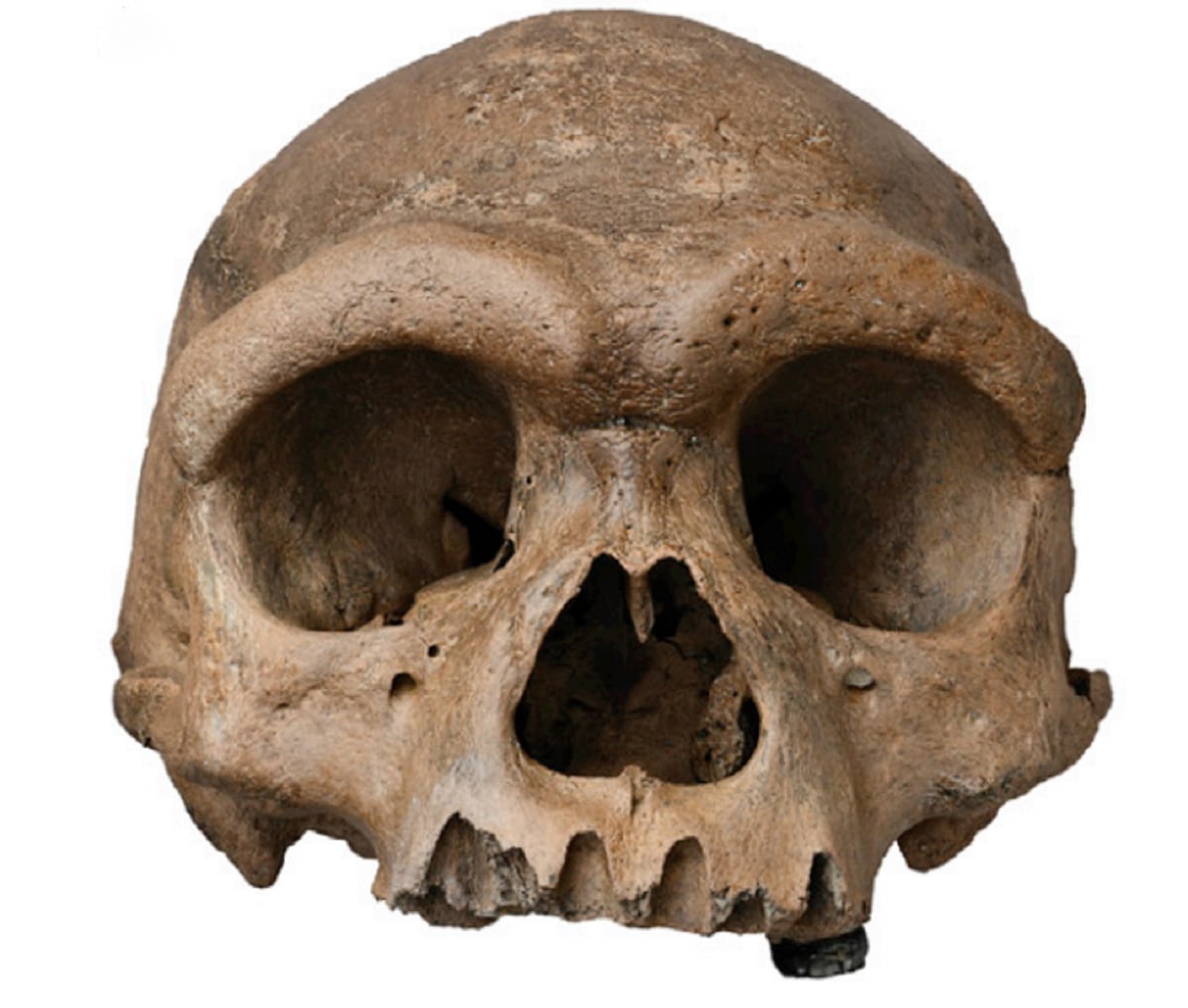#denisovans
#denisovans
[ follow ]
#human-evolution #neanderthals #ancient-dna #homo-longi #paleoanthropology #genetic-variation #yunxian-2
fromenglish.elpais.com
4 months agoSvante Paabo, father of paleogenetics: The reason for the Neanderthals' extinction lies in how numerous we've become'
Geneticist Svante Paabo demonstrated that DNA can be extracted from human fossils that are thousands of years old. His team was the first to sequence the complete genome of Neanderthals, our closest human relatives, and discovered that Homo Sapiens had sex and children with them. He also revealed the existence of a third, previously unknown human lineage, the Denisovans, thanks to genetic material extracted from a tiny bone of a girl who lived in a Siberian cave some 50,000 years ago.
Science
Science
fromNature
9 months agoDaily briefing: What a precious handful of fossils is teaching us about Denisovans
Capuchin monkeys were observed kidnapping baby howler monkeys, a surprising behavior in the animal kingdom.
A teenager became the first person to undergo prime editing treatment for a rare immune disorder with positive results.
[ Load more ]







